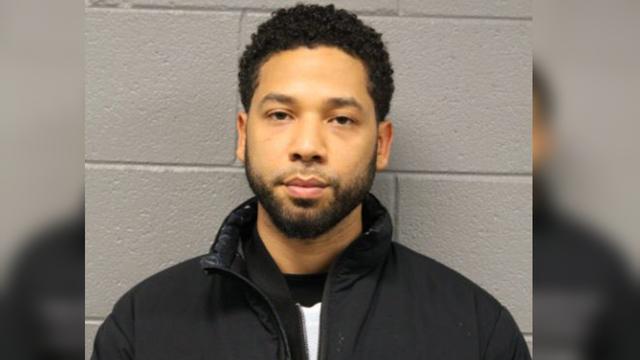“Sweetie, they’re not going to find them.”
These are the words of Good Morning America host Robin Roberts in response to Jussie Smollett’s assertion, “I was talking to a friend and I said, ‘I just want (the police) to find (the attackers),’ said in an ABC exclusive interview prior to Smollett’s recent Feb 20 arrest.
Yet, beyond Roberts’ realization, her response indirectly hit—no, smashed—the nail on the abominable head: they’re not going to find his attackers, because they don’t exist.
What does exist: Jussie Smollett’s seemingly ever-apparent element of factitious disorder.
While a hoard of new evidence points to Smollett arranging his notorious Jan. 29 attack—with him paying the “attackers” $3500 to stage a hate crime in hopes of advancing his acting career, according to Chicago police—to even rule the situation as simply an insupportable antic fundamentally undermines the destructive implications it imposes on furthering racial tensions and homophobia.
“It feels like if I had said it was a Muslim, or a Mexican, or someone black, I feel like the doubters would’ve supported me a lot more,” Smollett continued in the interview preceding his charges, “and that says a lot about the place that we are in our country right now.”
Now, “it feels like” what Smollett “had said” here with this, rather, indicates a hyper-focused, regretful re-evaluation of a victim-based point proven failed. Besides, if Smollett truly wanted to craft a hate crime hoax involving two white men, let alone one done meticulously, one can’t help but think his alleged attackers’ exclamation of East-side Chicago being “MAGA country” would’ve been left out of it.
Alongside Ressa Lanier, Cook County Assistant District Attorney, outlining Smollett’s instruction to the brothers in the bond proffer, which included purchases of a rope, gasoline, curved red hats and ski masks, he also orchestrated the Osundario brothers—whom Smollett knew through tv show ‘Empire’—to seemingly assault him, and leave him as victim of a hate crime.
Alas, Smollett aimed to also portray him in a heroic light, only equaled by his selfish desire to take main stage costumed as a victim.
As citizens of a country already anchored by egregiously unstable race relations and potent political divide, Smollett’s deeply disappointing decision to stage an act, unveiled by mounds of concerning police evidence, disperses public distrust in the future claims of real victims alike.
Nevertheless, Smollett’s unwarranted actions—especially those playing on factitious victimization and heroism—rob victims of their validity in real cases as much as they rob American people’s perceptions of the reality behind the country’s status of improved race relations and diminishing nodes of homophobia.
Above all else, a greater emphasis must be placed on one’s achievement of true heroic status, and prioritized over glorified victimhood—something that’s been dangerously awarded to those thoroughly undeserving in our society.
Then again, perhaps this just says a lot about the place that we are in our country right now.
Maybe Smollett was onto something after all.



































